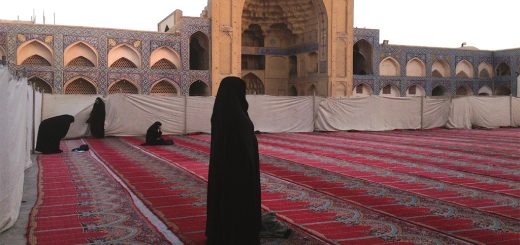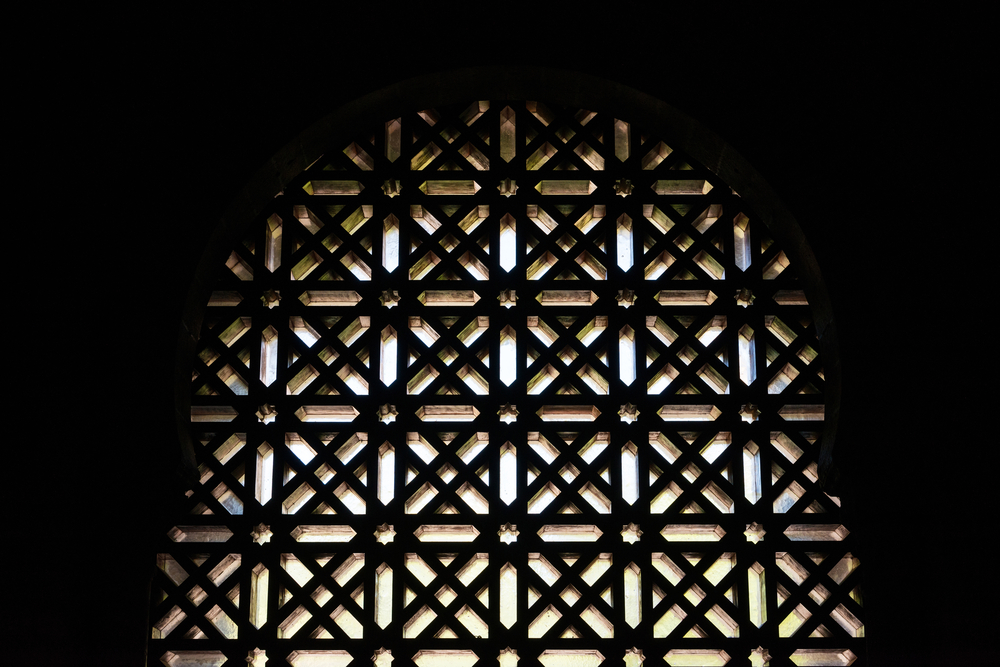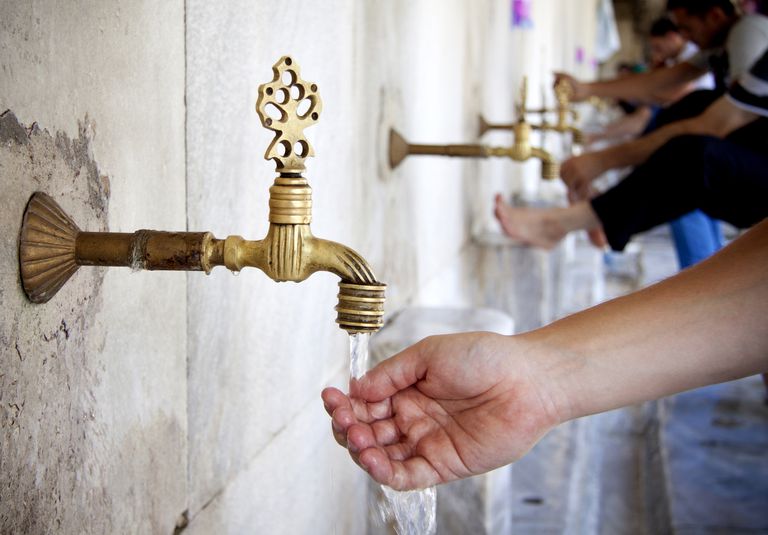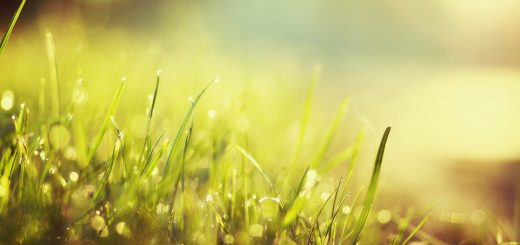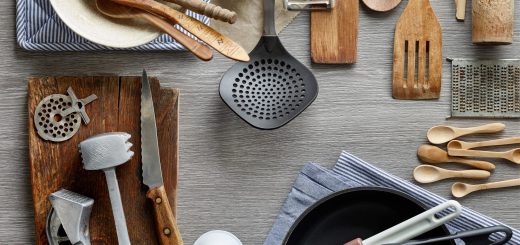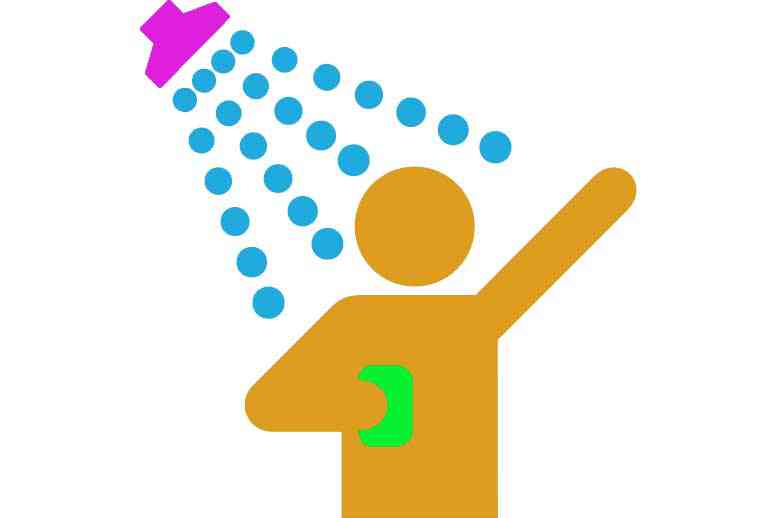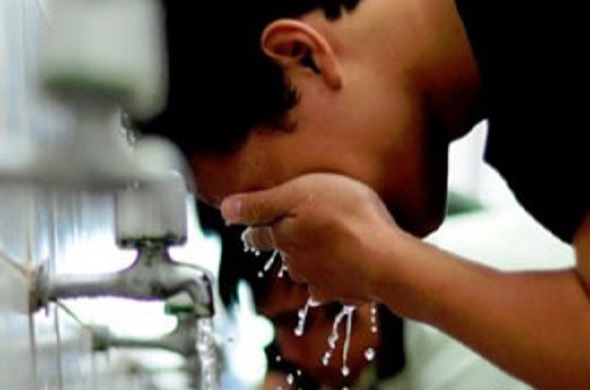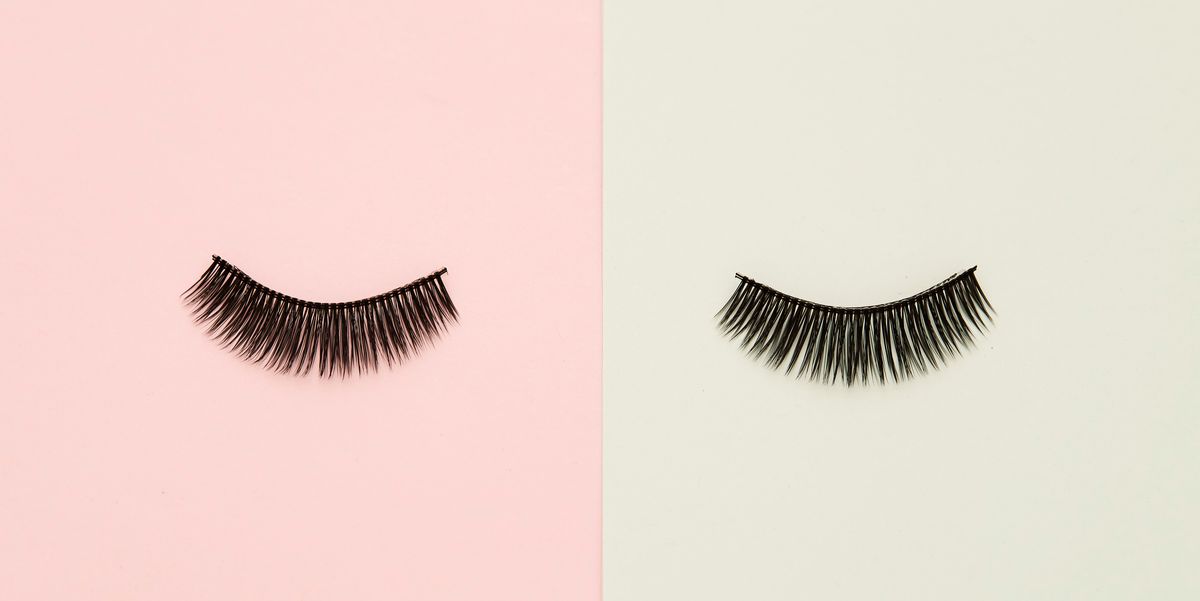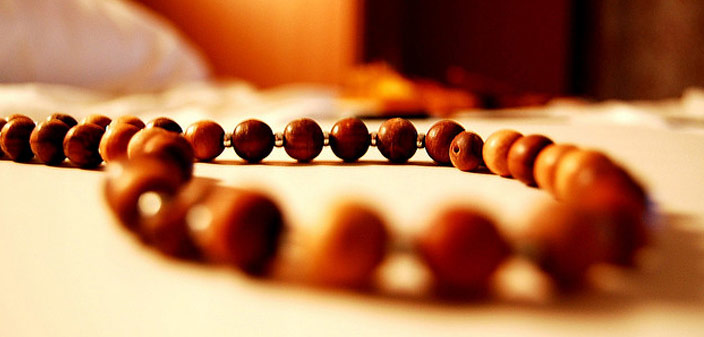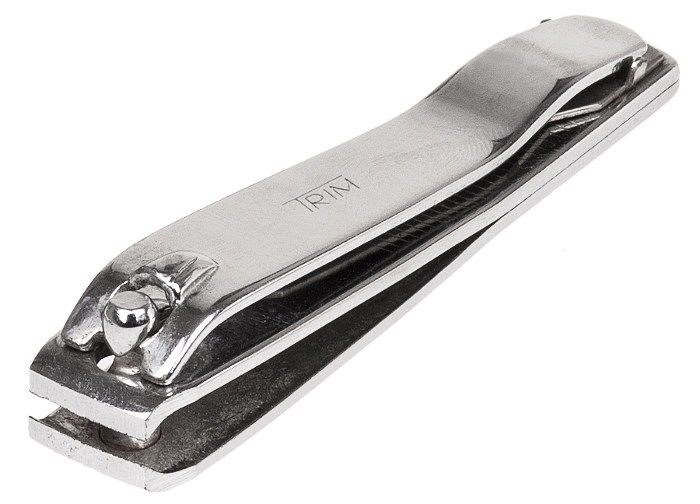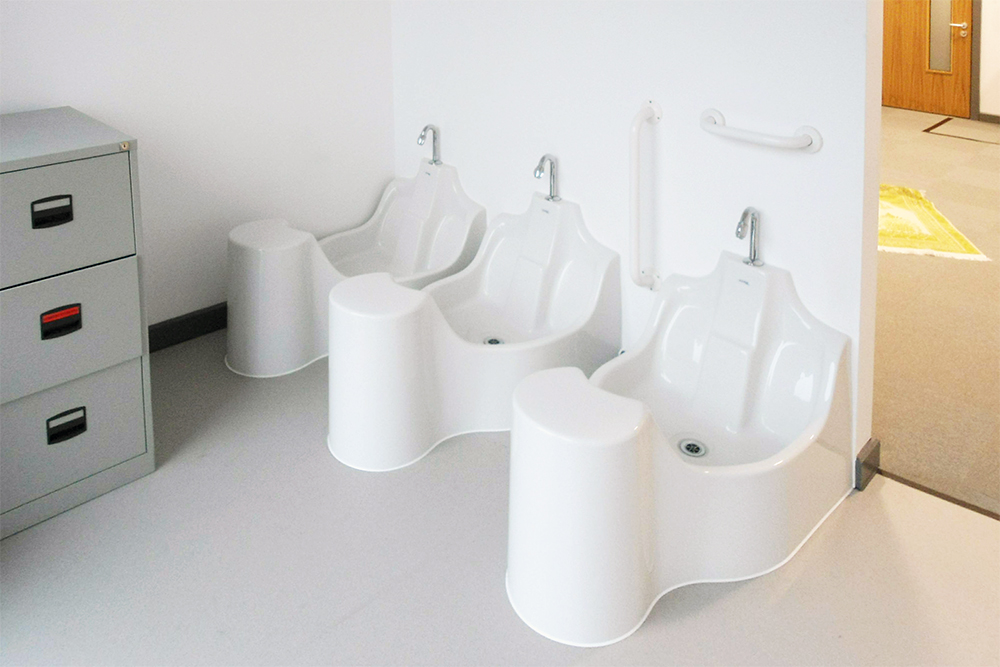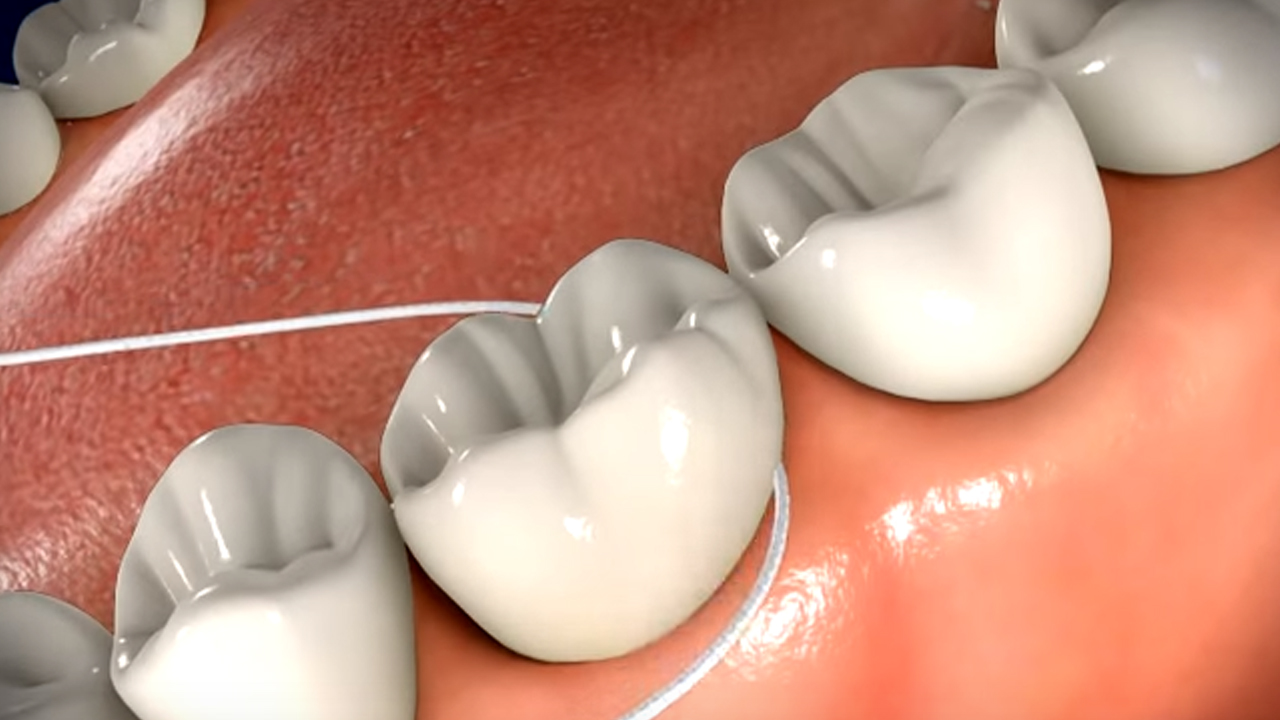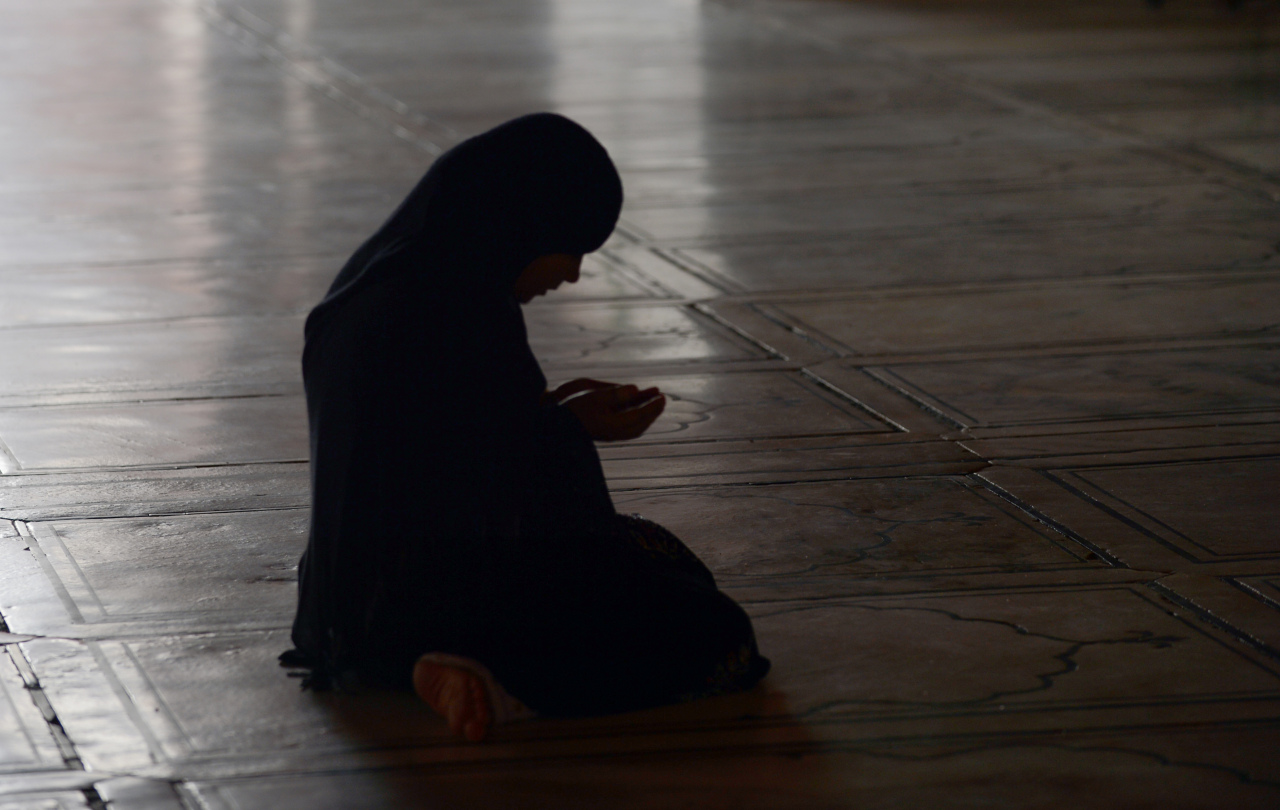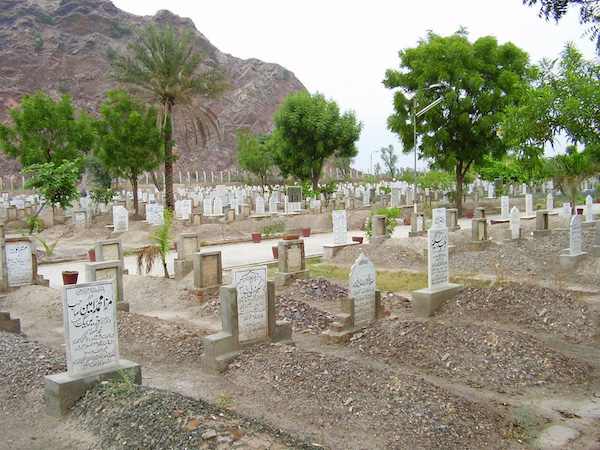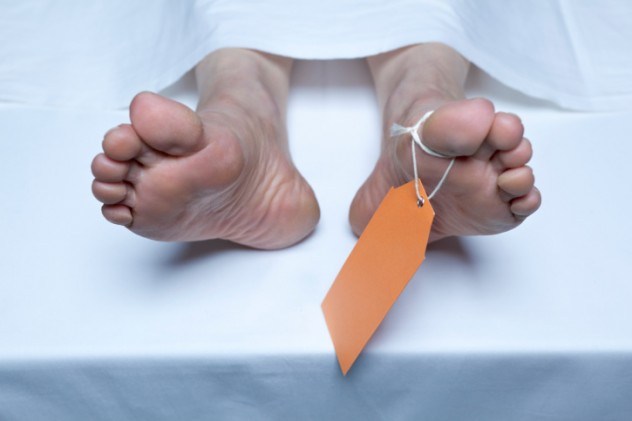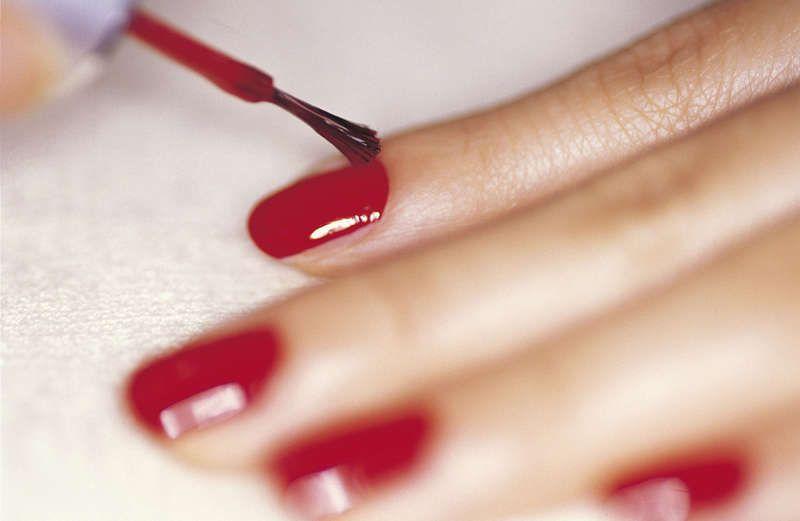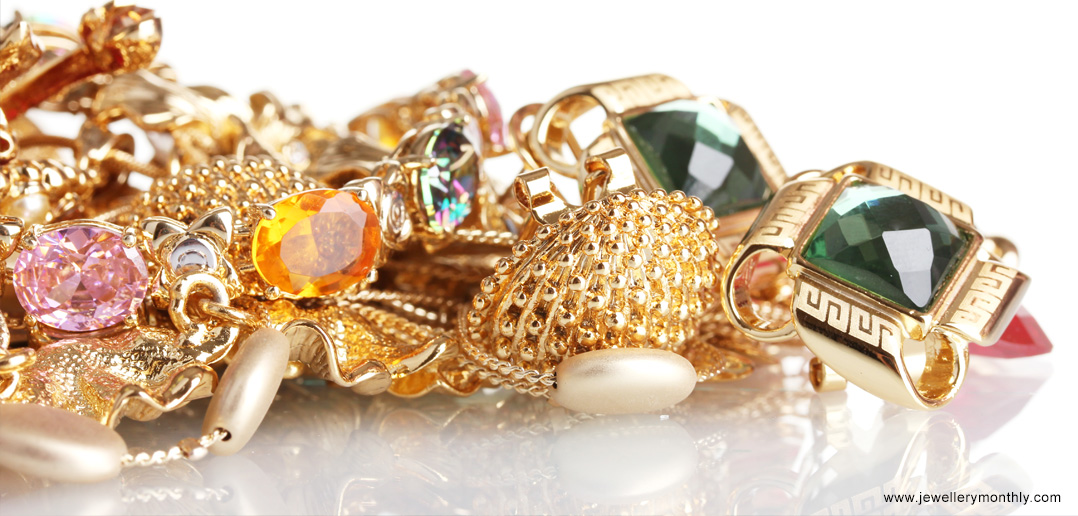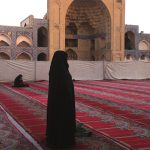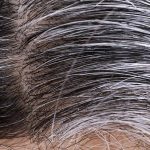QUESTION:
I would like to know the proper way of performing ghusl for females and in which situations is ghusl necessary.
ANSWER:
The manner for performing ghusl for women is the same as for men.
The Sunnah acts are:
1) Wash both the hands till the wrist
2) Clean the private parts and wherever there is filth present on the body
3) Perform full wudu
4) Pour water thrice on right shoulder, then the left shoulder, and then over the head washing the whole body.
There are 3 obligatory acts of ghusl, which are: 1) rinse the mouth with water; 2) sniffing water inside the nose and 3) washing of the whole body.
Ghusl is necessary on women in the below cases:
1) Sexual intercourse
2) Wet dream
3) Masturbation
4) Completion of menstruation cycle
5) Completion of Lochia (bleeding after child birth)
[Kutub-e-Mutoon]
Allah knows best.
Answered by Mawlana Mohammed Kashif
[Q-ID0306] I have nose and ear piercings, do I take extra caution when performing the ghusl bath?
[Q-ID0290] Can I attend a Mawlid gathering in the Masjid if I am on my menstruation cycle (periods)?
[Q-ID0252] What is the method of performing ghusl [the ritual bath]?
[Q-ID0201] Can I recite the Qur’an, do dhikr and dua without wudu?
[Q-ID0196] Does the wet bloodless sustance from a womans private part nullify wudu?
[Q-ID0182] Do I have to make-up prayers I missed due to my periods?
[Q-ID0161] Is it true Women can’t leave their house for 40 days after giving birth?
[Q-ID0151] Can women enter the Masjid if on their menstrual cycle?
[Q-ID0077] Can I recite salawat/durood shareef whilst I am on my menstrual cycle?
[Q-ID0043] Are women allowed to pray at the mosque?
We recommend that you read the work of Mawlana Muhammad Ilyas Attar al-Qadiri al-Ridawi (hafizhahu Allah) “Laws of Salah” in English which has a detailed explanation of ghusl in a very understandable manner. The ghusl section starts from page 53 (see link below):
http://data2.dawateislami.net/Data/Books/Download/en/pdf/2006/20-1.pdf

